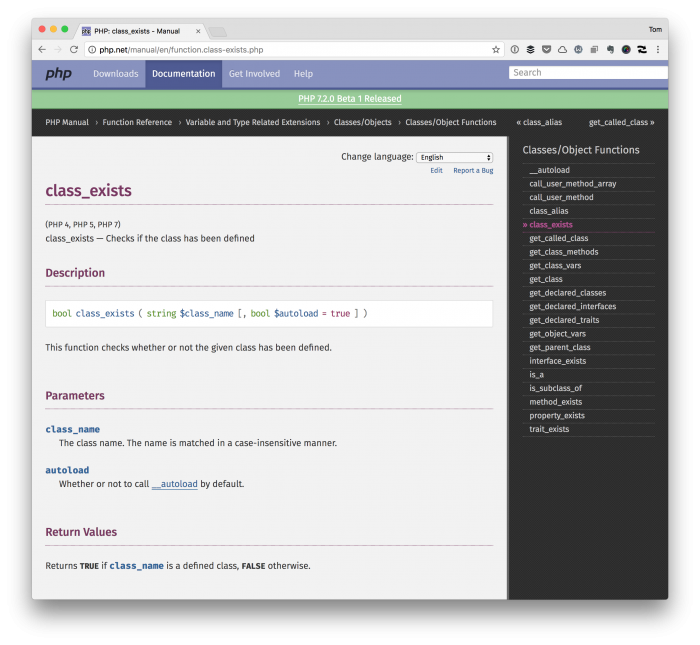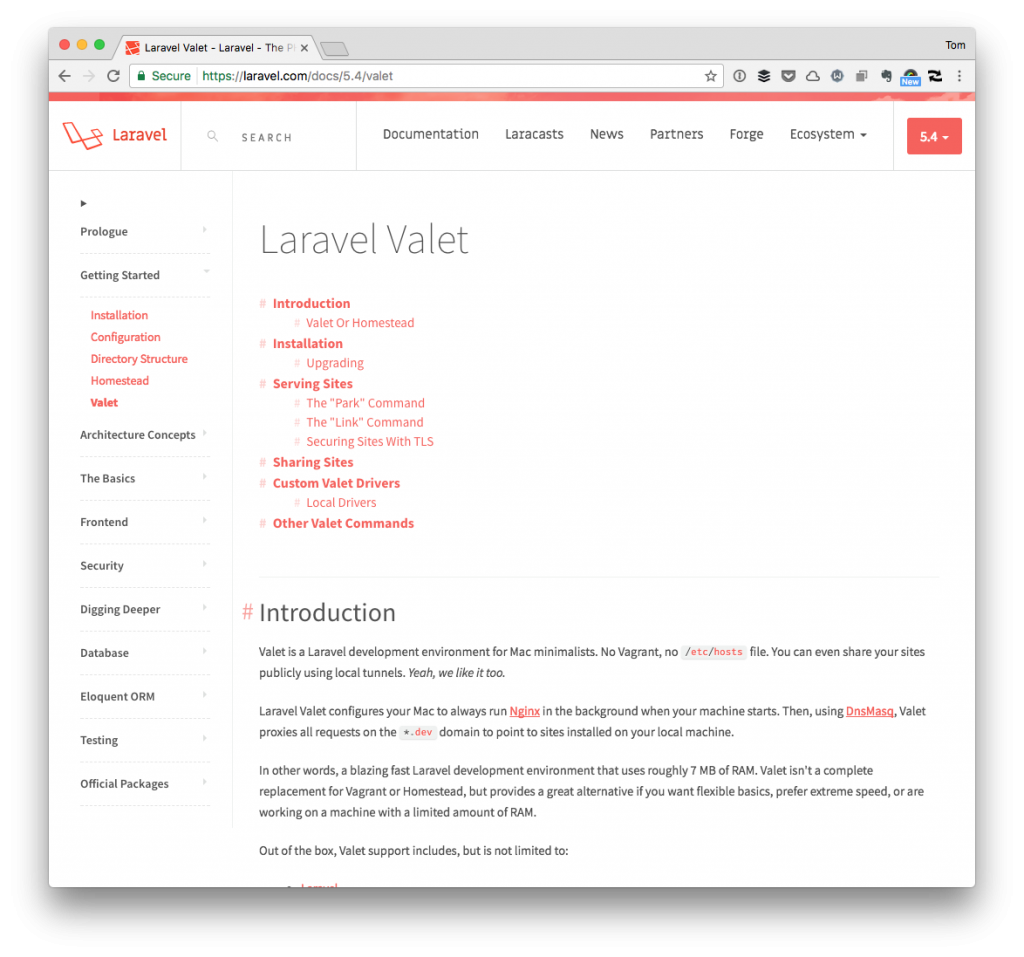If you write object-oriented code for WordPress (usually within the context of plugins), you’re likely to come across a class_exists check before initializing a class. But we should start avoiding class_exists in much of our code at this point (with a few exceptions that I’ll outline below).

Depending on the version of PHP you’re using, this makes sense. Or it did at one time. As of PHP 5.3.0, this isn’t necessary. Instead, it’s a better practice to use namespaces.


